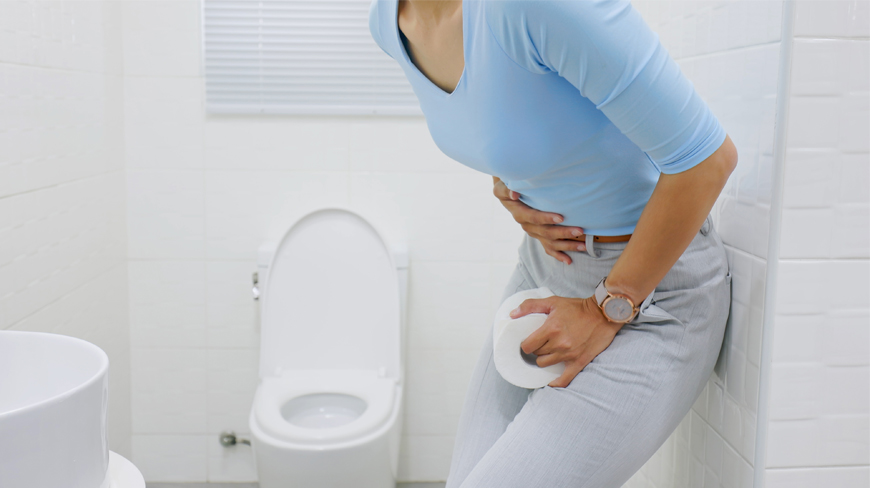Stomach Pain and Diarrhea: When to See a Doctor
Everyone experiences stomach pain and diarrhea, and most cases can be dealt with quickly at home. In other cases, it can be a sign of something more serious that may need attention from your doctor. Knowing what to look for and when to seek medical attention for stomach pain and diarrhea can be helpful in ensuring you stay healthy.
When to Seek Medical Help
Severe Abdominal Pain: If you’re having severe abdominal pain that is not going away or worsens over time, schedule an appointment with a doctor immediately. Severe abdominal pain can be a symptom of a more serious condition than a typical case of diarrhea.
Persistent Symptoms: Stomach pain or diarrhea that occurs for more than two days or symptoms that worsen over time could be cause for concern. Persistent diarrhea can lead to dehydration, which can quickly become serious.
Dehydration: Diarrhea that lasts for several days can lead to dehydration, especially when accompanied by vomiting. Signs of dehydration include excessive thirst, dry mouth, dark urine, or feeling lightheaded or dizzy. If you are experiencing any signs of dehydration, it is important to seek medical attention.
Blood in the Stool: Blood in your stool can be a sign of a severe gastrointestinal issue. If you see blood in or on your stool, it is essential to see your doctor immediately to rule out any serious concerns.
Fever: A fever with stomach pain and diarrhea could indicate an infection or other serious issues within your body. Talk to your doctor if you have a persistent or high fever with your stomach pain and diarrhea.
Recent Travel: If you are experiencing diarrhea after traveling to a remote location where there may be an increased risk of food or waterborne infections, it may be time to speak with your doctor to rule out any infections that may need medication.
Underlying Health Conditions: If you have a preexisting health condition such as inflammatory bowel disease, celiac disease, or stomach disorders, it is important to speak with your doctor if your stomach pain and diarrhea are persistent or bothersome. This can indicate your current treatment isn’t working well or your condition is worsening.
Weight Loss: If you have experienced unexplained or unexpected weight loss accompanied by diarrhea, it is important to seek medical care immediately. Serious conditions, like celiac disease or even cancer, can cause unintended weight loss.
Pus or Mucous in Your Stool: Pus or mucous in your stool could be a sign of an infection. A doctor can evaluate the reason and prescribe effective treatment.
Next Steps
Speaking with a doctor is the next step to get to the bottom of your stomach pain and diarrhea. Your doctor may perform blood and stool tests to determine what might be causing your symptoms. In some cases, your doctor may also recommend a colonoscopy to look directly at the lining of your colon. By finding out the underlying causes of your stomach pain and diarrhea, your doctor can help find the best treatments.
Don’t wait to address stomach pain and diarrhea – schedule an appointment today!
Request Appointment
Related:


